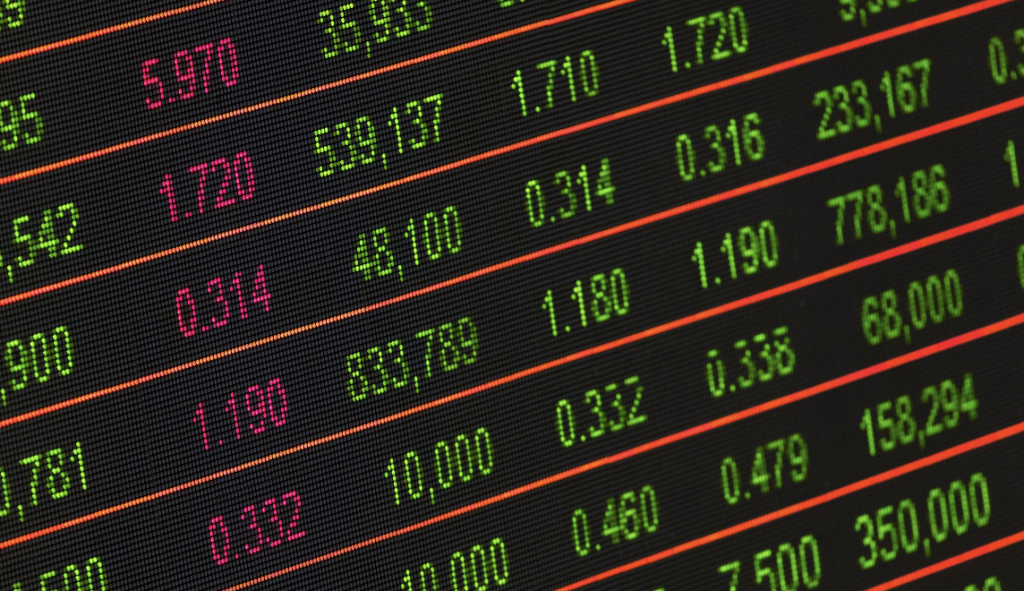
The U.S. economy is in a recession according to economics textbooks, but economists and policymakers differ in naming it. The Gramm-Rudman-Hollings Balanced Budget Act of 1985 Sec. 254. (a) (1) (A) defined it as a period when “real economic growth is projected or estimated to be less than zero with respect to each of any two consecutive quarters.” Real GDP contracted by 1.6% in the first and by 0.9% in the second quarter this year, which fits the general textbook definition, but economists and policymakers give it different names. Some call it “technical recession” which means a very shallow recession, while others call it “stagflation” or “no recession.” The current Council of Economic Advisers says it differently, stating in a July blog post that “While some maintain that two consecutive quarters of falling real GDP constitute a recession, that is neither the official definition nor the way economists evaluate the state of the business cycle.” Historically, the U.S. government has accepted the textbook definition.
The typical recession is characterized by the three D’s: depth, diffusion across industries and duration. The current recession is not deep enough to be called a recession. It is not diffused across industries as many industries are still growing (e.g., biomedical and biotechnology, tourism and hospitality, data science and analytics, etc.). This narrative is behind the name “technical recession.” Meanwhile, our inflation rate, which now exceeds 8%, the highest in 40 years, is, along with negative economic growth, the cause for naming the contraction “stagflation.” Having said all that, the major reason for this name bewilderment is that the labor market is very strong and the unemployment rate is at 3.6% which is more consistent with a strong economy. Thus, calling it a recession does not fit the Sahm rule which conflates the start of a recession with a substantial increase in the unemployment rate.
Yet, what caused the contraction in GDP in the second quarter, and will this drag on to the third quarter? Companies stored goods during the COVID-19 pandemic, anticipating a strong demand when lockdowns end and life goes back to normal. However, they overstocked and demand did not destock the inventories. Now, those companies are selling their overstocked goods instead of producing new goods, which means no additional increase in GDP. Furthermore, residential investment, a type of business investment that has been flourishing these last years, is now contracting because of higher mortgage rates due to the Fed’s aggressive tightening this year. This is subtracted from GDP. The Fed increased the federal funds rate by 75 basis points in June and July of this year and announced it will do more tightening in the next months. Moreover, jammed ports have delayed imports and entered the income accounts in those two quarters. This also subtracted from GDP.
Now, those who contend the change in GDP, will that settle the differences in naming the current recession? Will the current recession drag into the third quarter? The jammed imports problem has been remedied after ports expanded and improved. The slimdown in imports will not show as an unusually large import deduction of GDP. The unstocking of inventories will not happen in the third quarter since companies build up inventories during recessions because sales are low. However, this act may be uncertain because the recession is unusual and unpredictable for GDP. Thus, it is hard to tell whether changes in imports will add to or subtract from GDP in the third quarter. One remaining definite subtraction of GDP is changes in business investment. The Fed will continue to raise interest rates in the following months, which will increase the cost of borrowing and reduce the affordability of buying houses.
Overall, it is most probable that we will have mediocre economic growth in the third quarter. Will this end the controversy over the current recession?
Shawkat Hammoudeh, Ph.D.
Professor of Economics & International Business
Drexel University


